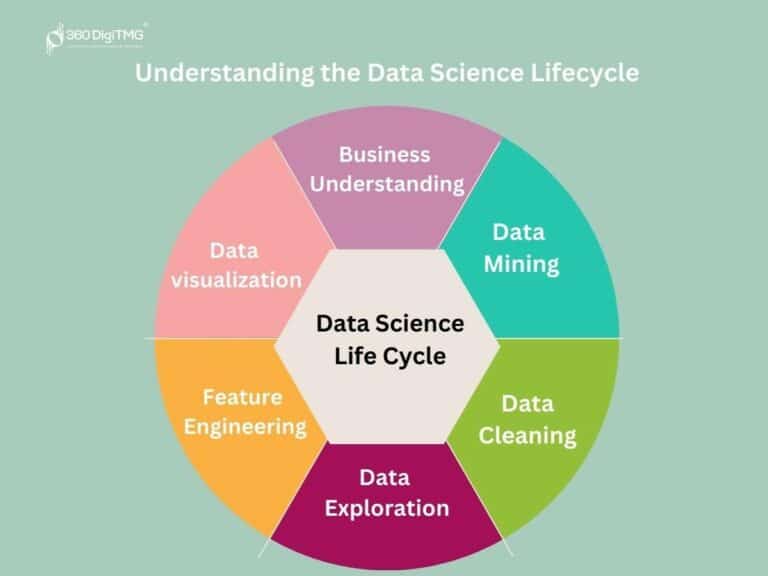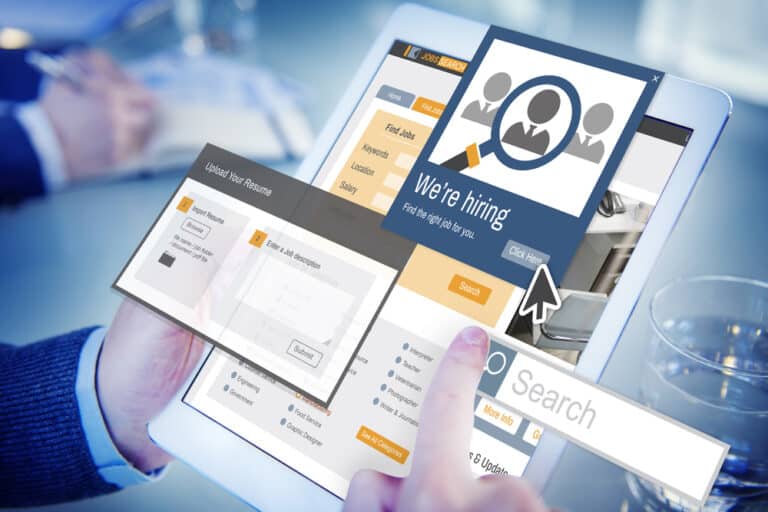While many may argue or want to appease their worry by saying this chatbot is still in its infancy, over the past few months it’s proven itself to be rather intuitive. Add to this other beneficial factors such as cost effectiveness and time efficiency, and there’s little to no reason why businesses should resist using this great tool.
But what does this mean for those individuals whose job may very well be replaced? Can AI really execute a person’s expertise and years’ worth of experience? Is it time for people to start fearing for their livelihood? The answer is not as clear cut as we’d like it to be though.
Even forward-thinking niches like the online gambling sector have tech teams experimenting and playing around with this bot. For instance, developers creating top casino games in Australia don’t see this as a threat, rather an additional tool to enhance the end product at a quicker pace, with equally great results as before. Yet this romanticized outcome may not apply to all sorts of jobs across different industries. So let’s explore what the future may hold…
1. Translators

Translators help bridge linguistic barriers between countries thanks to their ability to fluently speak and translate from one language to another. However, what was once seen as a secure career path is now under attack due to the most recent developments of GPT-4 LLM. These new advancements allow the platform to support over 26 different languages, making it more accessible than ever.
Moreover, Whisper, OpenAI’s automatic speech recognition (ASR) system, was built using 680,000 hours of multilingual and multitask-supervised data, enabling the platform to accurately transcribe various languages. The platform can also identify technical jargon and has extended support for robust accents, making it a true rival to in-person translation.
2. Paralegals

While paralegals may not be qualified lawyers, they are still essential for every legal team, undertaking a variety of administrative work such as converting complex legal documents into easily digestible briefs, conducting in-depth research for ongoing cases, and providing clients with useful legal information.
However, they should be wary as ChatGPT has already proven that it can easily create legal briefs in a matter of minutes by tapping into its vast array of legal resources. In fact, we are already witnessing a growing number of internet users turning to the platform to draft lawsuits against companies and individuals. The speed at which ChatGPT can generate legal content is unmatched, which may spell trouble for the legal sector in the near future.
3. Graphic Designers

Graphic designers may need to step aside sooner than expected and find a new calling as the market continues to be infiltrated with AI image generators. With just a few carefully constructed image prompts, users can cut out the middleman and get their hands on incredible visuals at a fraction of the cost.
Whether you are looking to populate your website with enticing imagery or create a new logo for your brand, you can achieve all this and more with no prior design experience at just the click of a button. Although some critics argue that while you can employ the help of AI to improve your own art, any ‘original image’ created by AI is, in a way, stolen since AI generates from existing databases.
4. Customer Care Agents

Although customer care agents don’t usually have the best reputations as they are mostly known for bothering users, we can’t ignore the fact that they actually help large chunks of people by assisting with a wide variety of queries, especially those who are technologically challenged.
However, we have been experiencing a shift within the last few years from human agents to AI bots, with chatbots appearing on various popular e-commerce sites ready to help with any issues or questions you may have at the drop of a hat. Not only can bots answer any questions you may have, but they can also retrieve information for custom queries.
5. Proofreaders

Whether you are writing an article or an email, proofreading is an essential skill that many need but only few possess. Not only do you require an excellent command of syntax and grammar, but in some instances, you may also have to dabble in fact-checking. Although many individuals have made careers out of this skill, it appears that their time may be up as now almost every AI chatbot available can comb through vast amounts of text and correct it.
6. Creative Writers

An ongoing debate when it comes to seeing whether AI can truly usurp humans is the question of creativity. After all, if AI simply generates content based on what already exists, can that really be classified as true creativity? We’ve already started to see ChatGPT takeover creative jobs due to the platform’s ability to produce poems, haikus, and even stories in a matter of minutes with minimal details.
ChatGPT can also be used as a remedy for writer’s block, helping weave together stories seamlessly. Additionally, there is also a growing trend of people using ChatGPT to write e-books, which they then sell on Amazon. So it’s safe to say that it won’t be too long before creative writers may need to look for another occupation.
7. Journalists

ChatGPT poses a similar threat to journalists who spend hours conducting in-depth research and fact-checking for each article, only to be replaced by a platform that can create long-form articles on any topic imaginable in record time. The output it generates might require a few minor edits from time to time, but it is definitely more cost-effective compared to the hours it would take a journalist to write an article from scratch.
Companies like Buzzfeed have already begun to embrace the platform’s speed and efficiency, with the media giant releasing over 40 articles based on human ideas written entirely by the chatbot. Sure, the articles might not be as well-written as human pieces, but they are still ranking high on Google, which could put journalists and content writers out of a job.
8. Web Developers

Behind every website we encounter is a team of web developers who have worked tirelessly on the code to ensure that users have a great experience. While services like Squarespace and Spotify use AI to help users with no web development experience build their dream sites, ChatGPT has emerged as a tool that can do that and so much more.
The OpenAI platform is single-handedly revolutionizing web development as we know it today with its ability to write website code in multiple programming languages such as Javascript, HTML, and even CSS. ChatGPT can also offer code suggestions and answer queries related to the task. Users can then adapt the code to fit their specific requirements to create a website that suits their wants and needs.
9. Teachers

Advancements in technology have never truly impacted the teaching industry, although this may be about to change. ChatGPT has proven time and time again that it can effortlessly explain complicated topics as well as solve difficult mathematical problems, making it the perfect educational tool.
Students have also started to turn to ChatGPT to write their essay assignments, which has led many educational bodies to ban the use of ChatGPT and employ the use of AI plagiarism checkers. Companies like Google Socratic AI and Caktus both focus on aiding students with the use of artificial intelligence. While ChatGPT may not directly replace teachers, advancements in AI are certainly making their line of work more challenging.
10. Accountants

Unfortunately, while accountants are seen as having one of the most stable professions, they are not entirely immune from what’s happening within the AI industry. That’s right, very few industries can escape the wrath of ChatGPT, and accountants are no different. From complex financial statements to calculating your taxes, AI has you covered. If used effectively, ChatGPT can significantly reduce the time and amount of administrative tasks, freeing up accountants to focus on high-priority issues.












